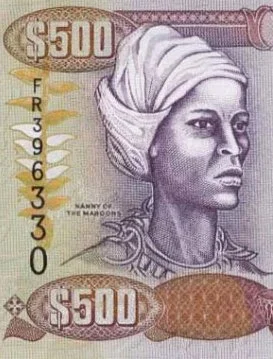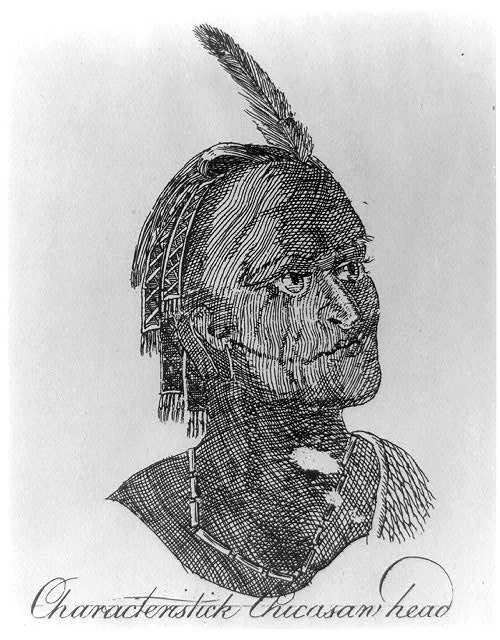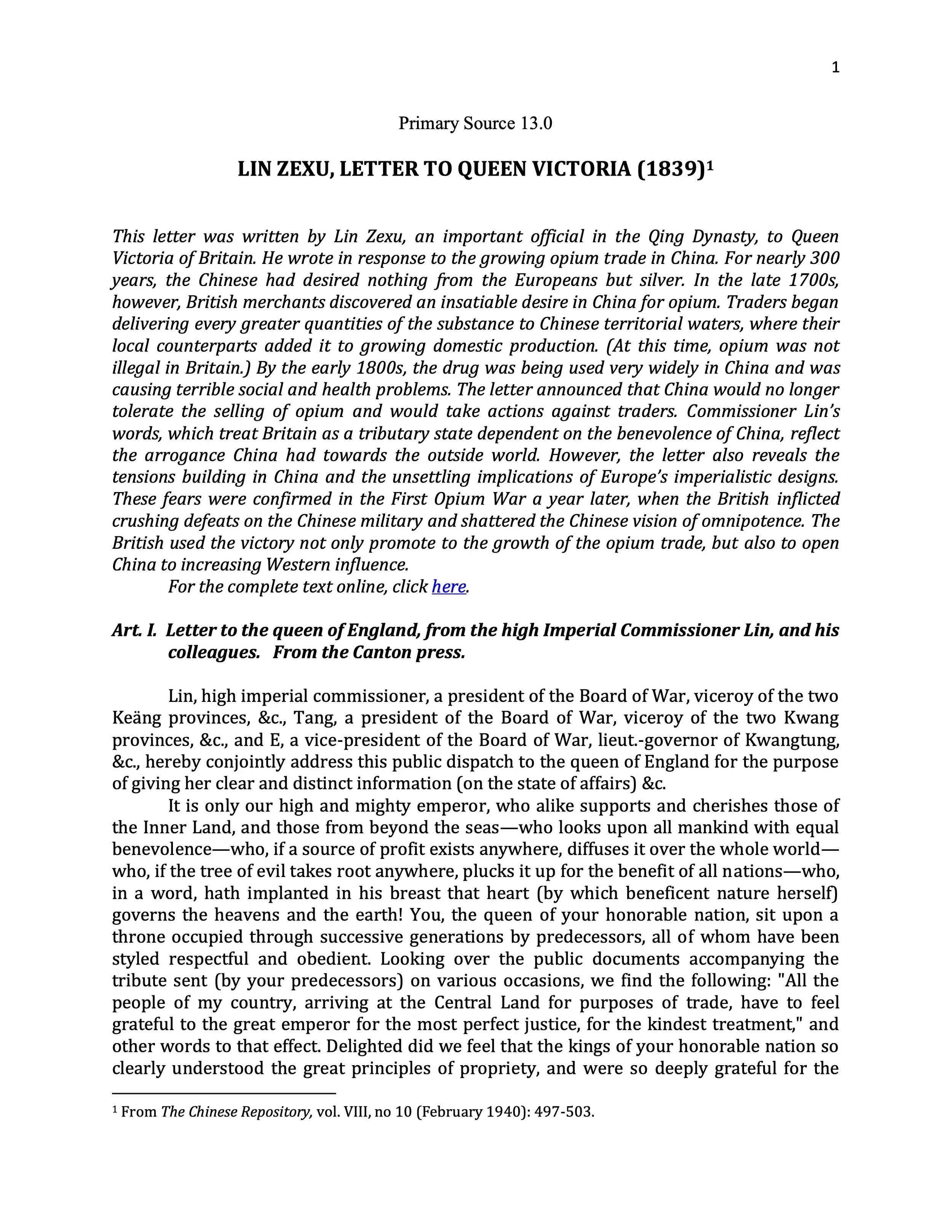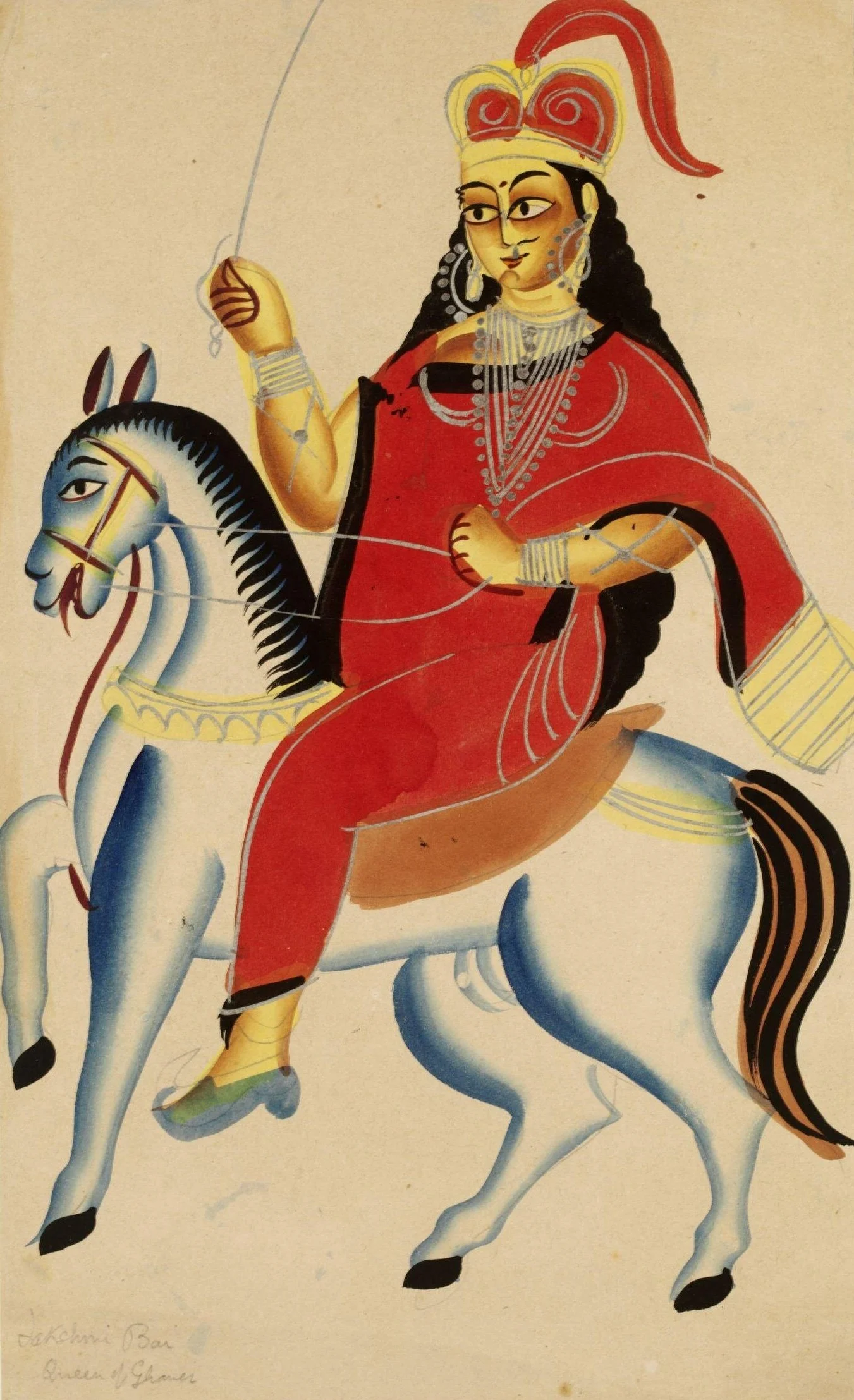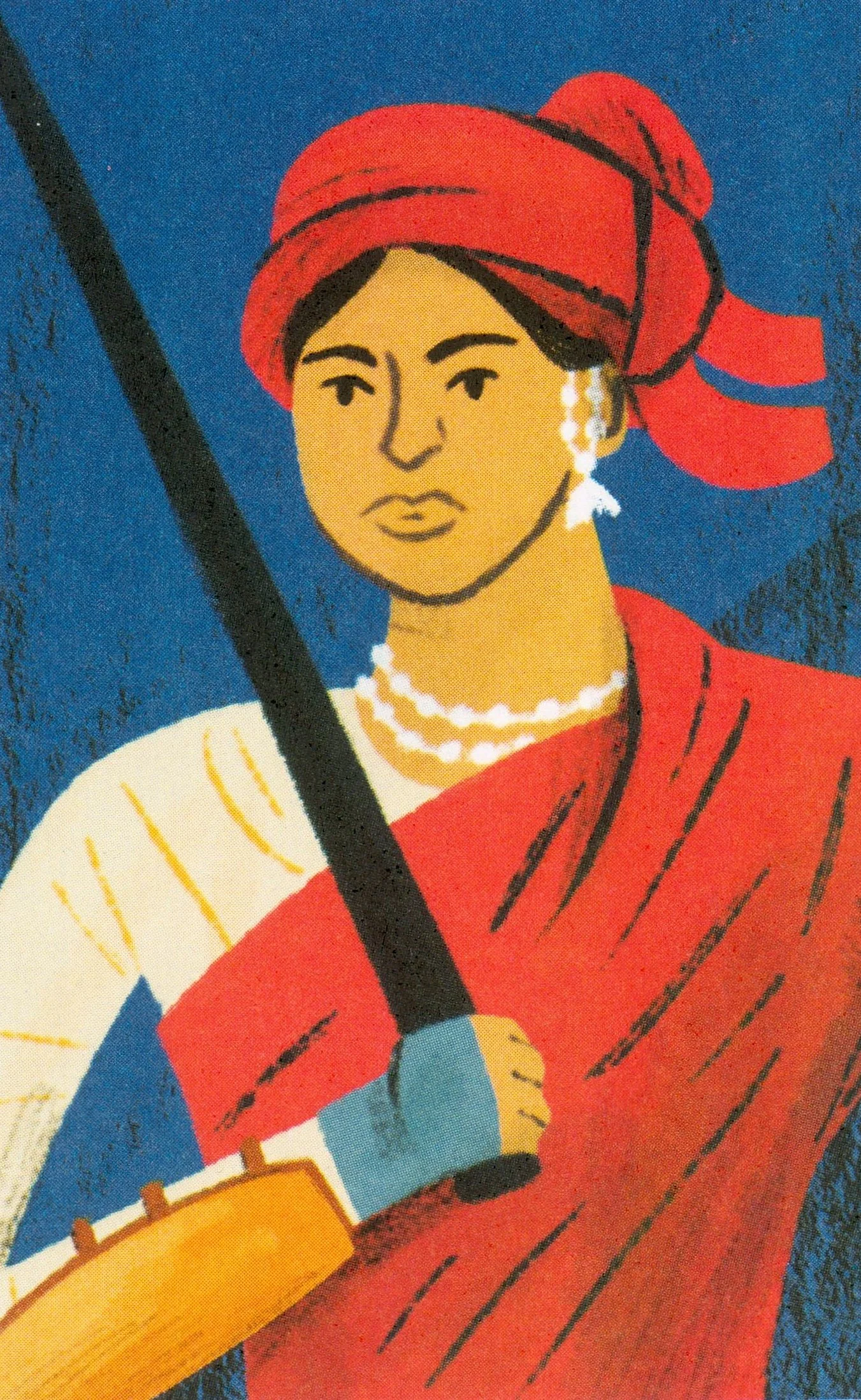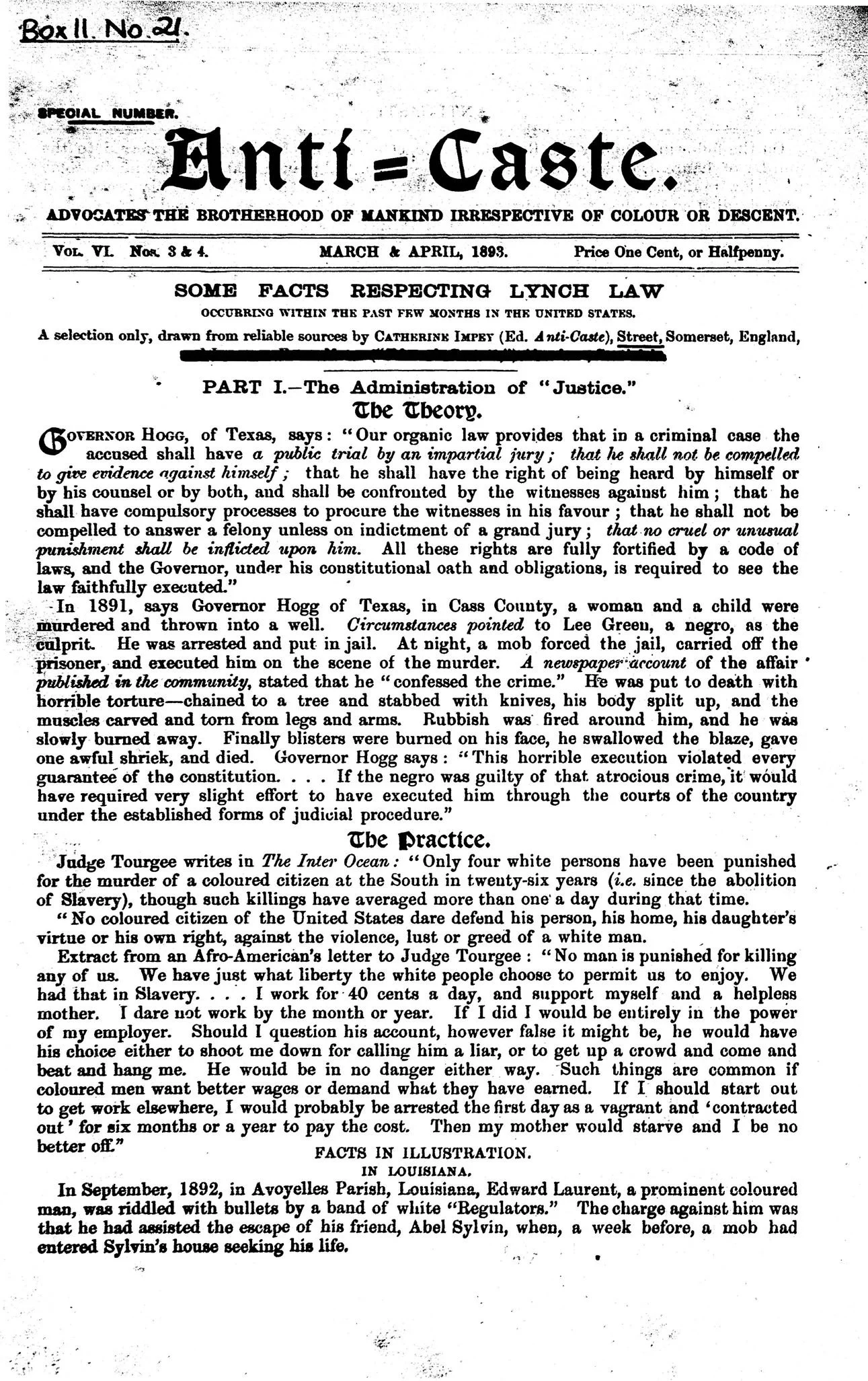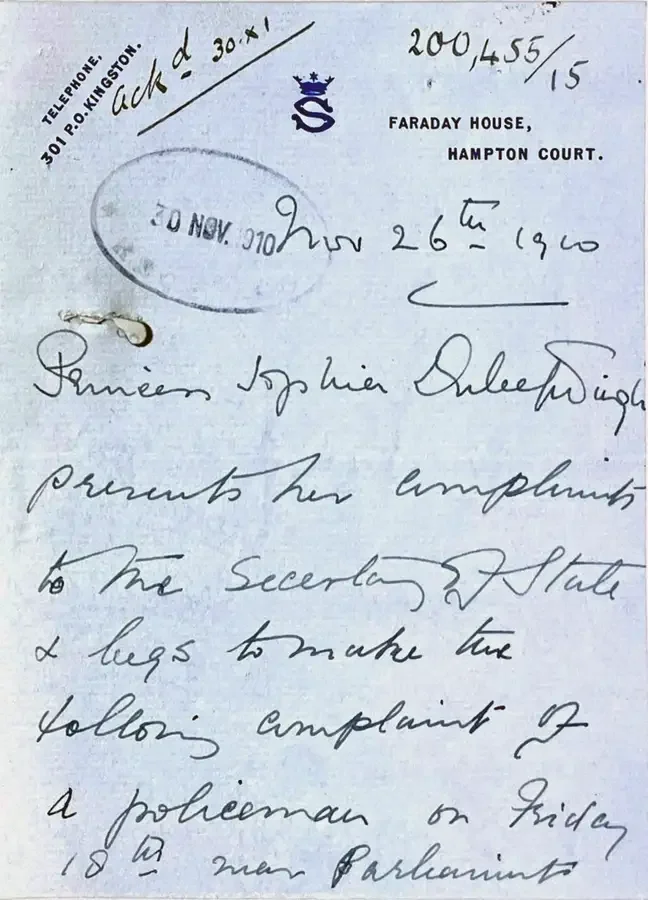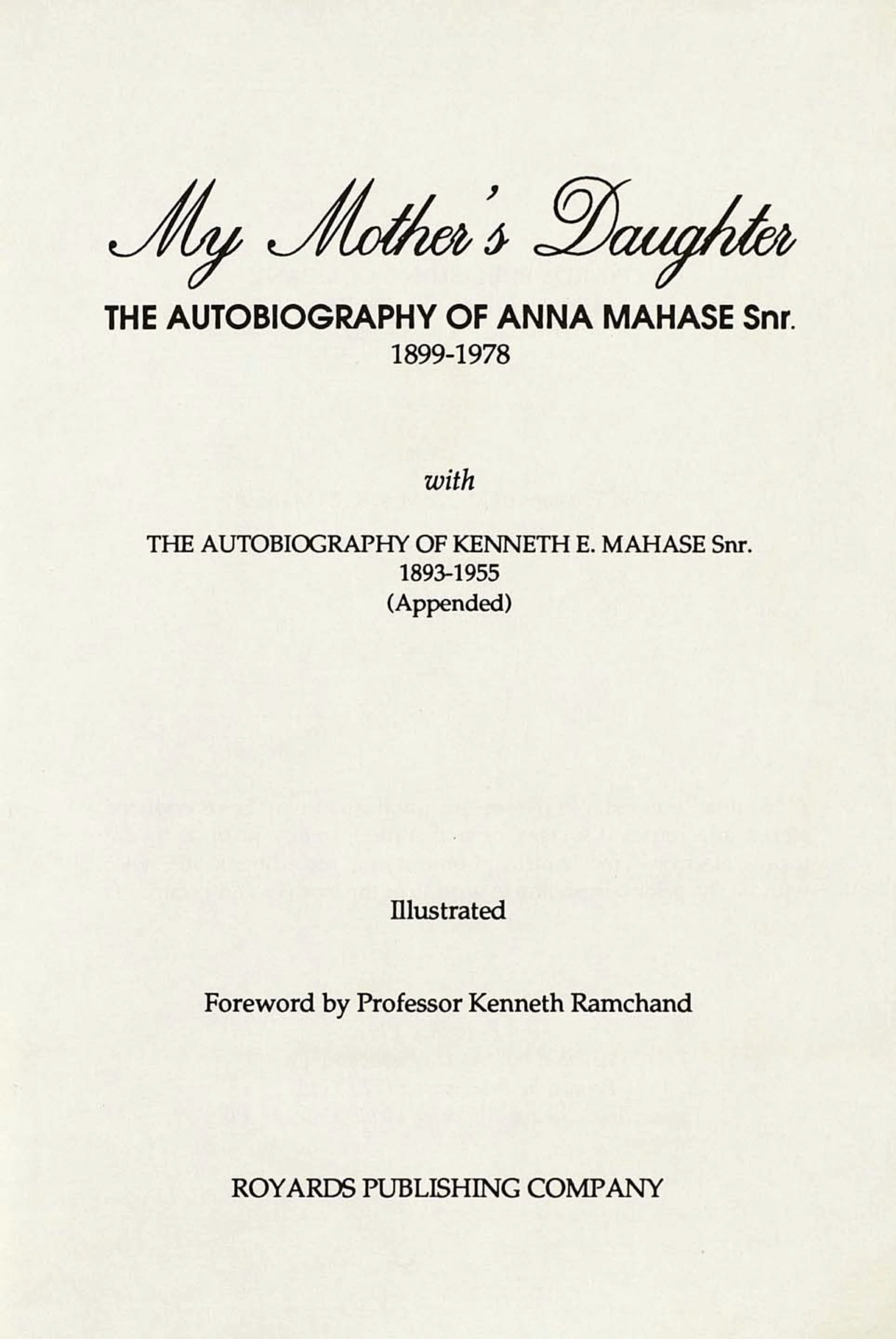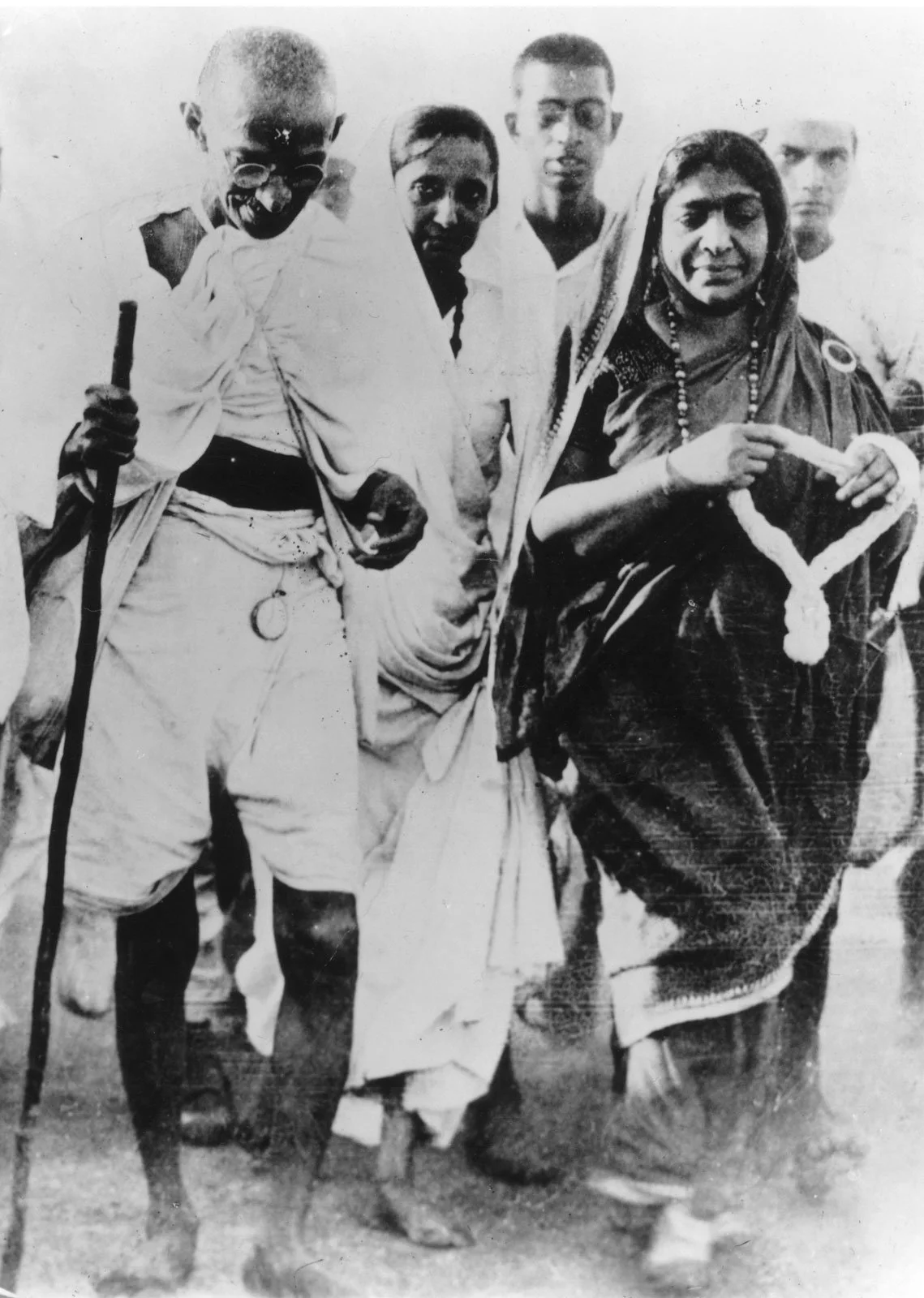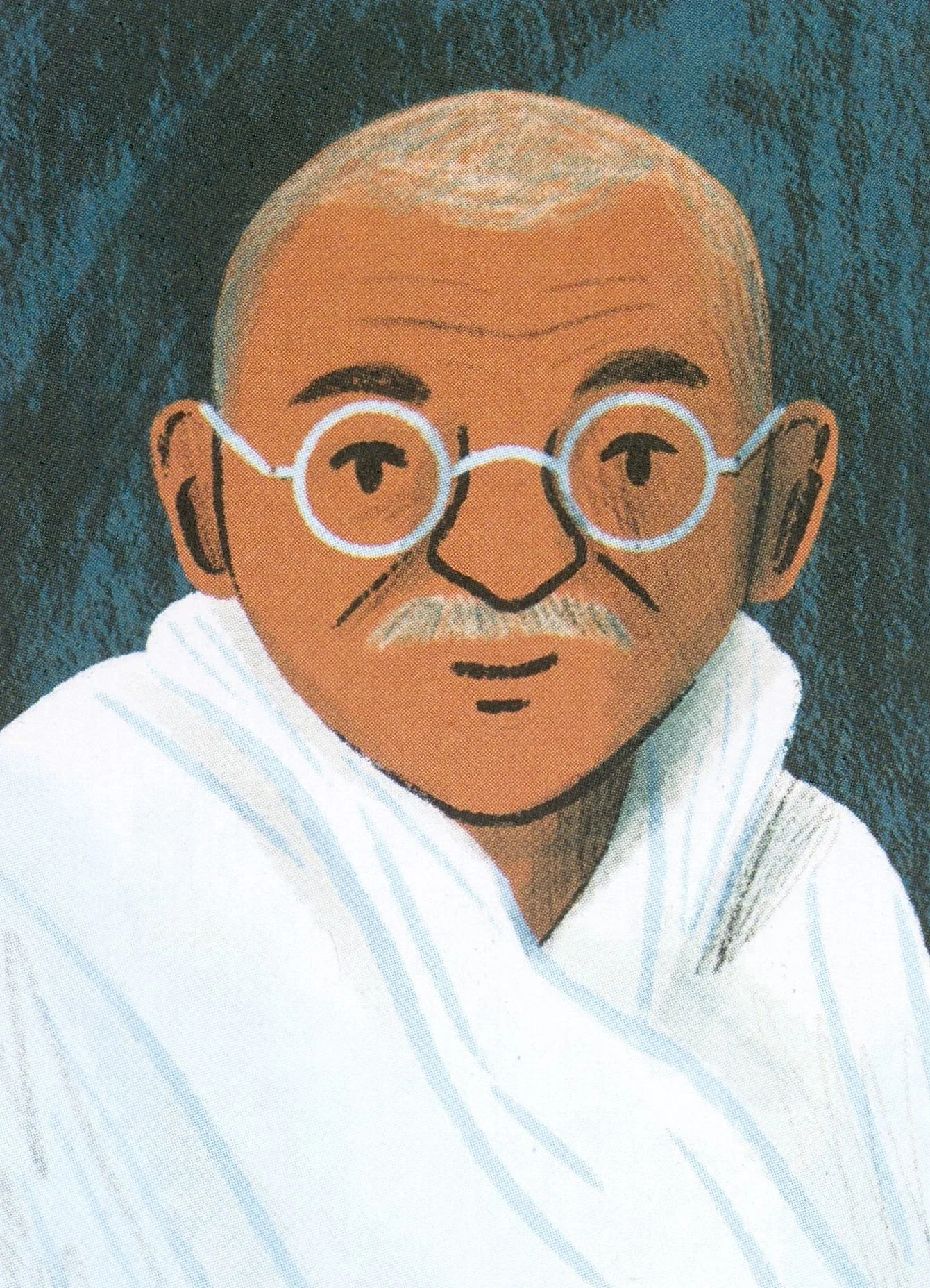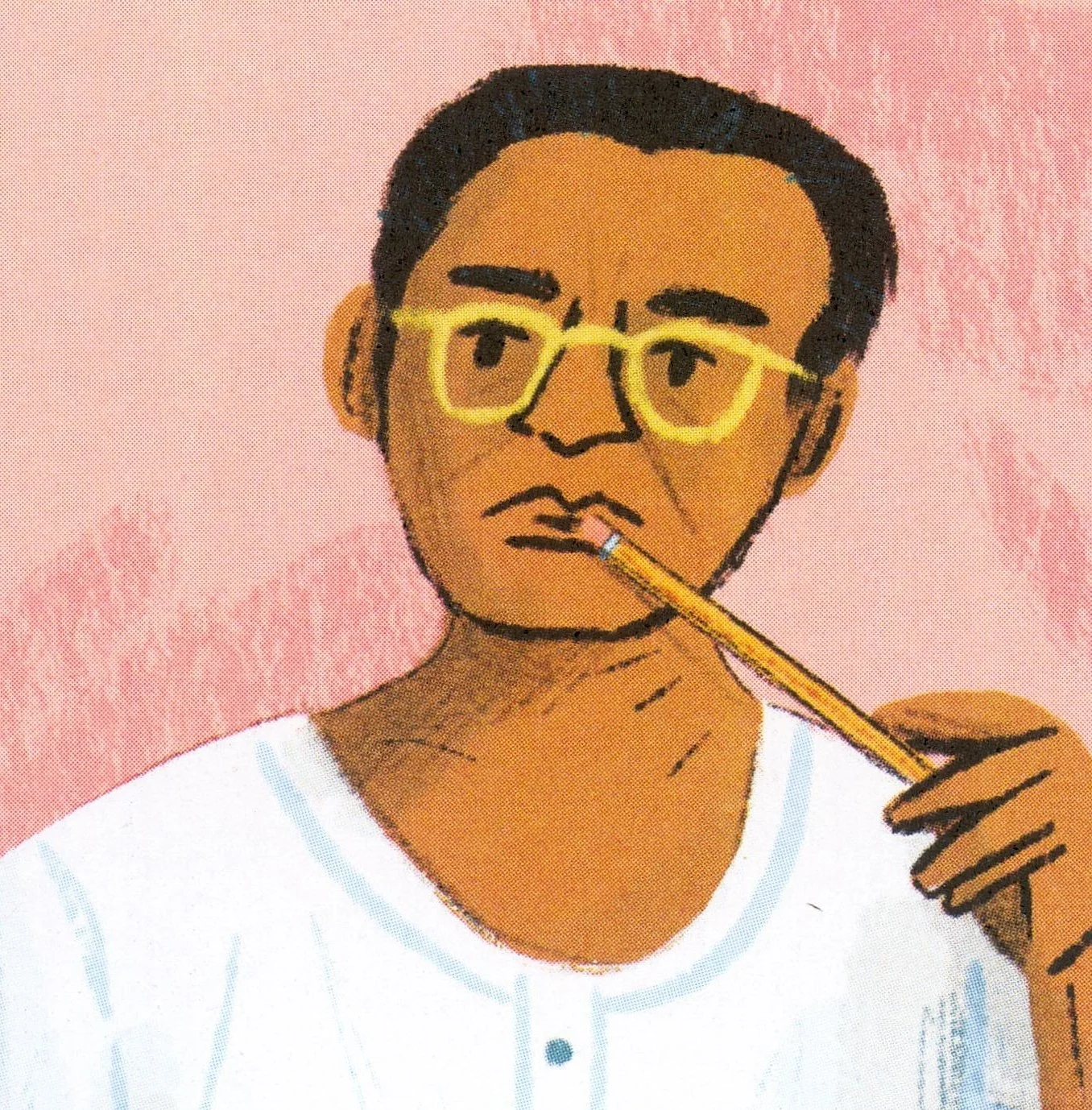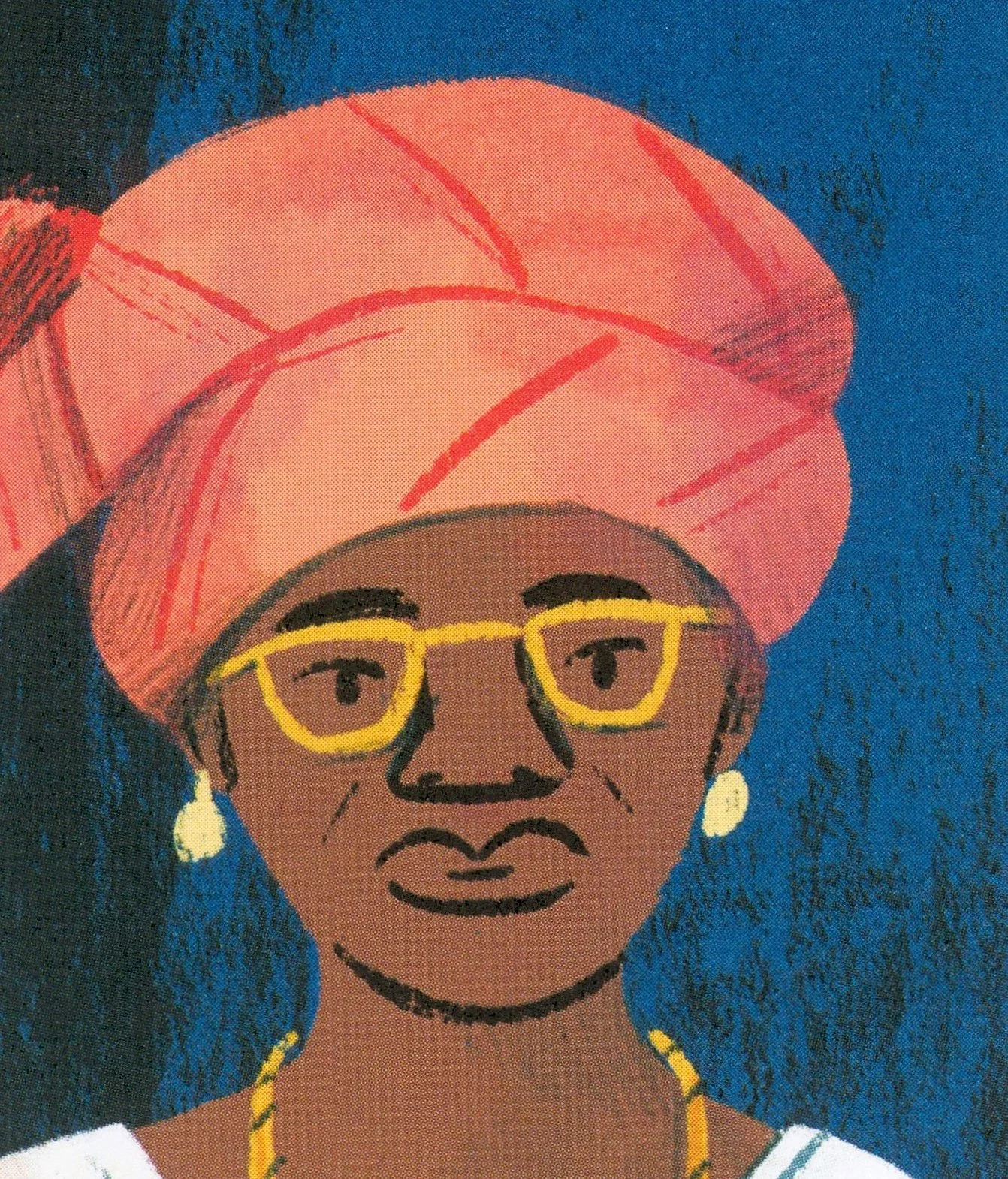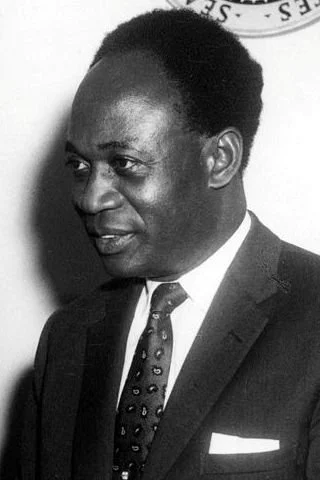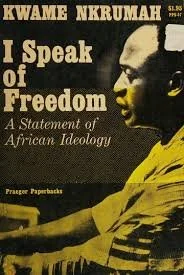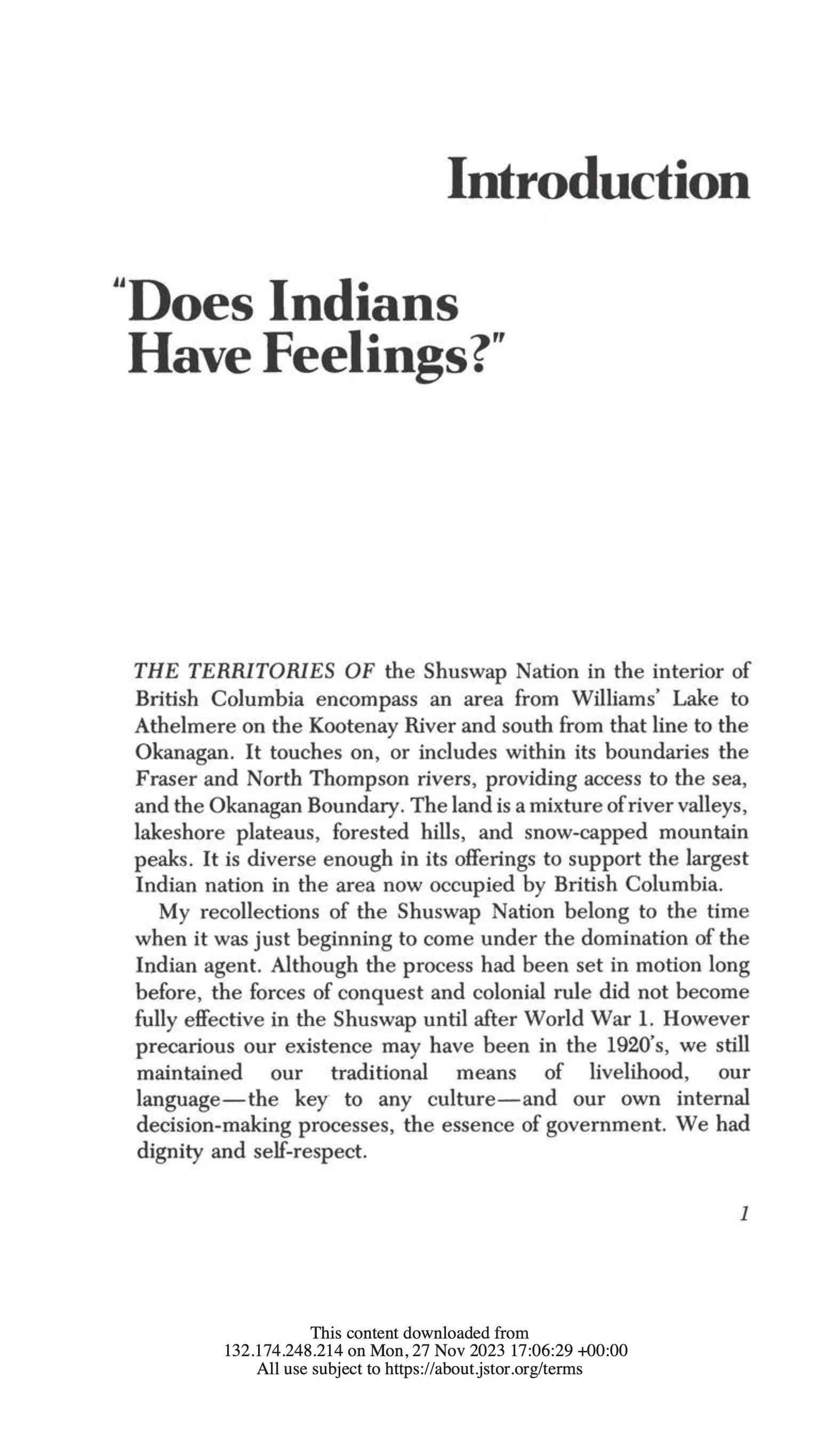The Figures
Tejonihokarawa
Born: ca. 1660 Died: ca. 1730
Occupation: Chief and diplomat
Location: Kanien’keh, North America
When Europeans first came to our lands, the Kanien’hehá:ka (Mohawk) were glad to trade beaver pelts for their metal knives, copper kettles, woolen clothes, and blankets. But when we saw greater conflict with the French, the English did not come to our aid. Together with other chiefs, I would journey to Britain and speak with their queen, to demand they keep their promises.
Nanny
Born: ca. 1680 Died: ca. 1750
Occupation: Leader of the Jamaican Maroons
Location: Africa and Jamaica
I escaped slavery and led my community in a fight for freedom against the British in Jamaica. They wanted to take our lands and enslave us, but I united and protected my people with my healing expertise and strategic command.
Payamataha
Born: ca. 1720 Died: ca. 1785
Occupation: Warrior, diplomat, spiritual leader
Location: Chickasaw Country, North America
As a young man, I was a warrior and helped my people, the Chickasaw, forge a formidable reputation through battles and raids. Later, I chose peace and negotiation over conflict, creating alliances among nations and empires—always putting Chickasaw interests first.
A speech by Payamataha in 1765, as recorded in the Mississippi Provincial Archives (begins on bottom of p. 245).
Olaudah Equiano
Born: 1745 Died: 1797
Occupation: Sailor, writer, activist
Location: Benin, the Caribbean, UK
I was born in the great kingdom of Benin along the Niger river. My father was an elder within the Ibo community and I was the youngest son within our family of seven. I dreamed of becoming a leader of my community just like my father, until one fateful day this dream was cut short.
Lin Zexu
Born: 1785 Died: 1850
Occupation: Imperial administrator
Location: China
As an imperial official, I wanted to reform the practices of the Qing government and improve life in our society. I never imagined that my actions would lead to war with the British or affect generations to come, but I could not stand by while they defiantly sold opium within our borders.
Te Rangitopeora
Born: ca. 1800 Died: ca. 1870
Occupation: Leader, poet, singer
Location: Aotearoa New Zealand
My mother possessed great mana (spiritual power), and as her daughter, I too would take my place as a leader of my iwi (nation), the Ngāti Toa. I composed many songs celebrating love and commemorating heartbreak, but, when necessary, I fought, too.
Te Rangitopeora’s signature on the 1840 Treaty of Waitangi appears as Topeora, eighteen rows from the bottom of the middle column.
William Cuffay
Born: 1788 Died: 1870
Occupation: Tailor and transported chartist leader
Location: UK, Australia
As a leader of the Chartist movement in Britain, I campaigned for ordinary people’s political rights. The British state punished me for my activities, but I never stopped fighting injustice.
Lakshmibai, Rani of Jhansi
Born: ca. 1828 Died: 1858
Occupation: Queen and military leader
Location: India
I was the rani (queen) of Jhansi, a kingdom in North India. In 1857, when Indians revolted against the East India Company, I could have stayed in my palace, but instead I joined the rebellion and led my troops in battle, dying for our freedom.
Catherine Impey
Born: 1847 Died: 1923
Occupation: Campaigner and publisher
Location: UK
From my parents’ home in the village of Street in England, I campaigned for the fair and equal treatment of all races. I participated in a global network of abolitionists and anti-imperial activists who criticized lynching in the United States and racial discrimination in the British Empire.
Catherine Impey edited the 1893-95 periodical Anti-Caste.
Sophia Duleep Singh
Born: 1876 Died: 1948
Occupation: Princess and women’s suffrage campaigner
Location: UK, India
My father was the last maharaja (king) of the Sikh Empire — a vast empire in the Punjab region of South Asia. I was born a princess, but I devoted my life to fighting for political equality for women, in Britain and the Empire.
A letter of complaint from Princess Sophia to UK police, following incidents of police violence against suffragettes marching on Parliament in 1910.
Anna Mahase
Born: 1899 Died: 1978
Occupation: Educator
Location: Trinidad
My parents traveled from one British colony—India—to another—Trinidad—as indentured laborers. My family and community expected me to be a good wife and mother, but I dreamed of working as a teacher.
An excerpt from Anna Mahase’s autobiography
Éamon de Valera
Born: 1882 Died: 1975
Occupation: Politician and independence activist
Location: US, Ireland
I was born in New York City, but fighting for the Irish Republic became my life’s cause. Tragically, to gain a republic, our island would be divided in two.
A 1920 address de Valera delivered in New York City
Mohandas Gandhi
Born: 1869 Died: 1948
Occupation: Lawyer and political leader
Location: India, UK, South Africa
I was trained as a lawyer in London, but I realized my education and my status would never bring me full equality in an empire that was based on racism. My fellow campaigners and I would show the world the power of non-violent protest to bring about political change.
Gandhi’s 1930 “Letter to Lord Irwin,” the British governor of India at the time.
Margaret Tucker
Born: 1904 Died: 1996
Occupation: Aboriginal rights campaigner
Location: Yorta Yorta Country, Australia
When I was born, Australia was no longer under direct British rule. But the new government still didn’t represent me or those of us whose ancestors lived on this land long before the white settlers arrived. They called their laws “protection,” but what this really meant was the destruction of our lands, languages, and cultures.
Saadat Hasan Manto
Born: 1912 Died: 1955
Occupation: Short-story writer, essayist, screenwriter
Location: India, Pakistan
As a writer, I wanted my short stories to explore the truth of human existence. I celebrated independence from the British Empire, but the partition of India and Pakistan broke my heart.
Funmilayo Ransome-Kuti
Born: 1900 Died: 1978
Occupation: Educator and activist
Location: Abeokuta, Nigeria
I dedicated my life to fighting for the rights of women and girls. I was born in Abeokuta, Nigeria—a colony of the British Empire. Education was very important to my parents, and they made sure I could go to school. I even studied in England for three years before returning to Abeokuta to work as a teacher. As an adult, I saw how hard and unfair life was under colonial rule, and that things needed to change.
“‘For Their Freedoms’: The International Sphere,” chapter 6 of the biography of Funmilayo Ransome-Kuti
Field Marshal Muthoni
Born: 1930 Died: 2023
Occupation: Freedom fighter
Location: Kenya
My name is Muthoni Kirima, I was the only woman to rise to the rank of Field Marshal within the Mau Mau. Before I tell you how I did this, let me tell you a little about my life. I was born in Kenya, which had been declared a British colony ten years before in 1920. I never experienced life before colonialism, but it was clear to me that colonial rule was a struggle and a prison for the Kenyan people.
Kwame Nkrumah
Born: 1909 Died: 1972
Occupation: Educator and politician
Location: Ghana (formerly known as the Gold Coast)
I was a Ghanaian politician and revolutionary. I didn’t plan to be a revolutionary—I don’t think anyone does—but the circumstances of my life led me down this path. My story begins in the small village of Nkroful, in the southwest of Ghana where I was born.
An excerpt from Nkrumah’s 1961 book I Speak of Freedom, containing the transcript of a speech he delivered at midnight on March 5, 1957, to celebrate a newly independent Ghana.
Claudia Jones
Born: 1915 Died: 1964
Occupation: Writer, activist, organizer
Location: Trinidad, US, UK
I dedicated myself to celebrating my people and pursuing the liberation of all. As a Black woman who moved between existing and past colonies of the British Empire, I saw firsthand how racism, capitalism, and patriarchy combined to oppress Black women.
Essays by Claudia Jones: “American Imperialism and the British West Indies” (1958), “A People’s Art is the Genesis of their Freedom” (1959), and “The Caribbean Community in Britain” (1964)
George Manuel
Born: 1921 Died: 1989
Occupation: Activist and political leader
Location: Secwepemcúl’ecw, Canada
My activism started with my own Nation, the Secwepemc. By talking with other Indigenous peoples in Canada and around the world, I realized we shared a common fight for our lands, our traditions, and the right to control our own destiny.
“Does Indians Have Feelings?”, An Introduction to George Manuel’s The Fourth World: An Indian Reality




